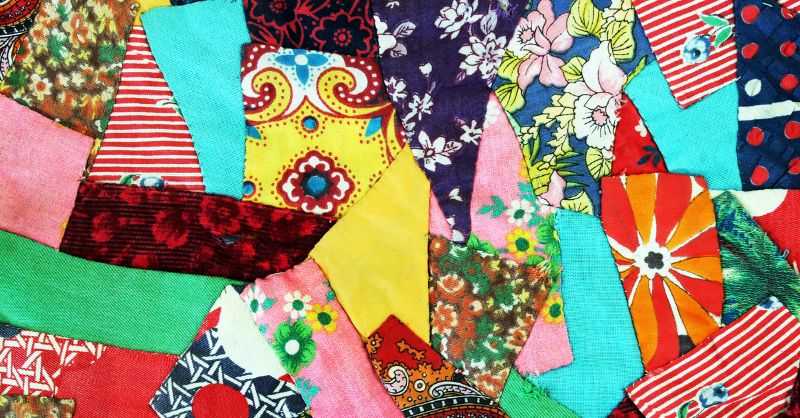Textile Waste Recycling: A Sustainable Solution for the Fashion Industry
01 June, 2023

Textile waste management has become an increasingly critical issue in the fashion industry, as the environmental impact of excessive textile production and disposal continues to escalate. However, there is a ray of hope in the form of textile waste recycling, a sustainable solution that can mitigate the environmental consequences of this industry. By diverting textile waste from landfills and repurposing it into new materials, the process of textile waste recycling offers a promising way to reduce the industry's carbon footprint and foster a more sustainable future.
Textile waste exporters and suppliers play a crucial role in facilitating the efficient recycling and reuse of textile waste. These entities collect textile waste from various sources, including manufacturing facilities, retail stores, and households, and ensure that it undergoes the necessary processing to transform it into valuable resources. By partnering with textile waste exporters and suppliers, the fashion industry can embrace a circular economy model, where waste is minimized, and resources are continually reused.
One of the primary benefits of textile waste recycling is the conservation of natural resources. The production of textiles involves the consumption of vast amounts of water, energy, and raw materials. By recycling textile waste, these resources can be conserved, reducing the strain on the environment. Additionally, the recycling process helps to decrease the demand for virgin materials, such as cotton or polyester, which require extensive processing and contribute to environmental degradation.
Furthermore, textile waste recycling provides an opportunity to address the issue of textile waste disposal, which has reached alarming levels globally. According to recent statistics, the fashion industry generates around 92 million tons of textile waste each year. By recycling this waste, it can be transformed into new products, such as recycled yarns or fabrics, thereby diverting it from landfills and incineration facilities. This not only reduces the environmental impact but also prevents the release of harmful pollutants and greenhouse gases associated with textile incineration.
The market for recycled textiles is rapidly growing, driven by both consumer demand for sustainable products and the fashion industry's increasing focus on corporate social responsibility. Numerous companies are embracing textile waste recycling as part of their sustainability strategies, recognizing the potential for cost savings, reduced environmental impact, and positive brand image associated with such initiatives. As a result, the recycling infrastructure is continually improving, with advanced technologies being developed to extract and process textile fibers efficiently.
In recent years, innovative recycling methods have emerged, allowing the recycling of various textile types, including blended fabrics and garments with complex constructions. Advanced sorting and separation techniques enable the extraction of different fibers from textile waste, which can then be transformed into new materials or regenerated fibers suitable for the production of high-quality textiles. These technological advancements are revolutionizing the textile waste recycling industry and encouraging more businesses to adopt sustainable practices.
However, challenges remain in scaling up textile waste recycling efforts. Collaborative efforts between industry stakeholders, governments, and research institutions are crucial to developing a robust recycling infrastructure, improving collection systems, and investing in research and development. Incentives, such as tax breaks or subsidies for recycling initiatives, can also drive greater participation and investment in this sector.
Textile waste recycling presents a viable and sustainable solution for managing the mounting waste generated by the fashion industry. By partnering with textile waste exporters and suppliers, the fashion industry can embrace circularity and reduce its environmental impact. Moreover, the recycling process conserves natural resources, mitigates textile waste disposal issues, and contributes to the growth of a thriving market for recycled textiles. As the industry continues to prioritize sustainability, textile waste recycling will play a crucial role in shaping a greener and more responsible future for fashion.
TAG(s):
